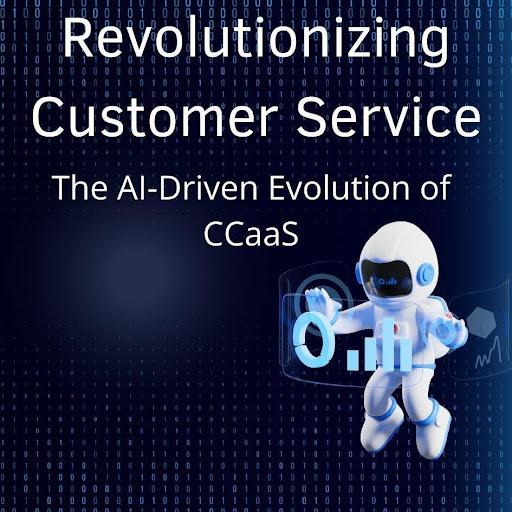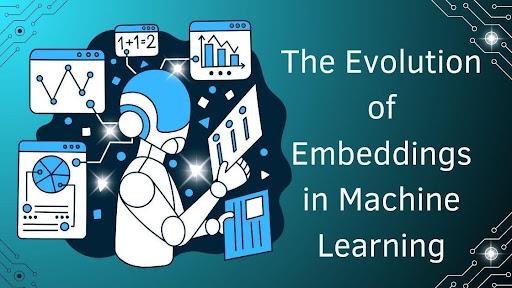Customer service is being revolutionized by AI integration in Contact Center as a Service (CCaaS) platforms. Vipin Kalra explores innovations reshaping customer experiences and operational efficiencies, emphasizing the transformative blend of AI, cloud technologies, and modern customer service approaches in the digital era.
From Legacy Systems to Scalable Cloud Solutions
Traditional contact centers were constrained by their reliance on extensive physical infrastructure, incurring high costs and operational inefficiencies. These systems often struggled to meet demand spikes and provided limited integration capabilities. CCaaS solutions, leveraging cloud-native architectures, have revolutionized this landscape. By eliminating on-premise requirements, organizations have slashed capital expenditure by up to 75% and reduced infrastructure maintenance costs by 85%.
The scalability of CCaaS platforms allows organizations to handle surges in customer interactions without service degradation. This elasticity, paired with cloud integration, has enabled resource utilization rates to soar from 70% in traditional setups to over 90%. These advancements not only enhance efficiency but also significantly reduce operational costs, making modern CCaaS a game-changer.
AI: The Engine Driving Transformation
Artificial Intelligence drives innovation in CCaaS platforms, enabling personalized and efficient customer interactions. Natural Language Processing (NLP) stands out as a pivotal technology, offering near-human accuracy in intent recognition and sentiment analysis. This empowers CCaaS systems to autonomously handle routine queries, drastically reducing response times. Predictive analytics further enhance operations by anticipating customer needs with 85% accuracy, facilitating proactive issue resolution. Additionally, AI optimizes query routing, matching customers to suitable agents, improving first-contact resolution by 42%, and significantly boosting both efficiency and satisfaction.
Enhancing Operational Efficiency
AI’s influence in CCaaS extends beyond enhancing customer interactions; it transforms internal processes and drives operational efficiency. Machine learning algorithms play a critical role in workforce management, providing accurate scheduling and workload predictions up to six weeks ahead. This capability has significantly reduced overtime costs by 28% while increasing agent utilization rates by 34%.
Automation further reshapes operations by allowing AI systems to autonomously manage 73% of routine inquiries, enabling human agents to focus on complex, high-value tasks. Quality assurance processes have also advanced, with AI consistently evaluating 100% of interactions to ensure quality and pinpoint improvement opportunities with 96% accuracy. These enhancements lead to improved productivity, cost savings, and overall operational excellence.
Building Superior Customer Experiences
AI integration in CCaaS platforms has revolutionized customer expectations, elevating service quality standards. Advanced sentiment analysis enables real-time emotional insights, boosting satisfaction scores by 31%, while omnichannel capabilities ensure seamless transitions for a unified experience. Predictive algorithms drive proactive service delivery, reducing complaints by 47%. Virtual assistants with advanced NLP manage complex queries across languages, enhancing accessibility and significantly cutting wait times, transforming customer engagement and operational efficiency.
Addressing Challenges with Strategic Solutions
Implementing AI-driven CCaaS solutions poses challenges like legacy system integration and data privacy concerns. Phased migrations and modern middleware effectively address these barriers, while end-to-end encryption and compliance frameworks reduce breach risks by 76%. Comprehensive training and clear communication during transitions are crucial for successful change management, boosting employee adoption and productivity significantly.
The Road Ahead: Emerging Technologies
Emerging technologies are set to elevate CCaaS platforms further. Emotion AI enhances customer interaction analysis for deeper personalization, while augmented reality support improves resolution rates for complex issues. Blockchain integration strengthens data security and transparency, fostering trust. By leveraging these advancements, organizations can deliver exceptional customer experiences and operational efficiencies, securing a competitive edge in the evolving digital marketplace.
In conclusion, Vipin Kalra‘s exploration of AI’s transformative role in CCaaS underscores the profound impact of these technologies on customer service and operational excellence. As the industry continues to innovate, CCaaS platforms will remain at the forefront of redefining customer engagement and business success.







